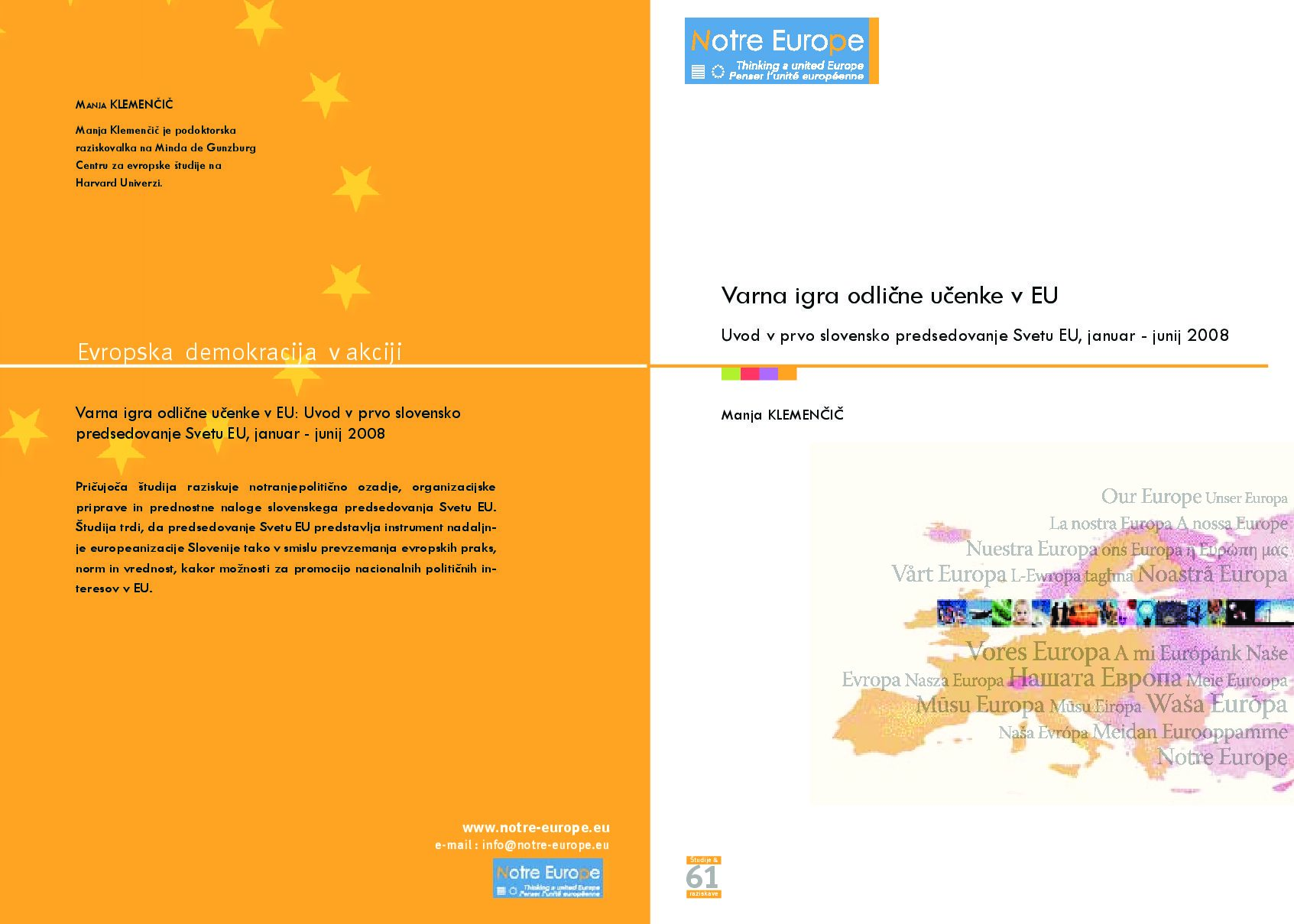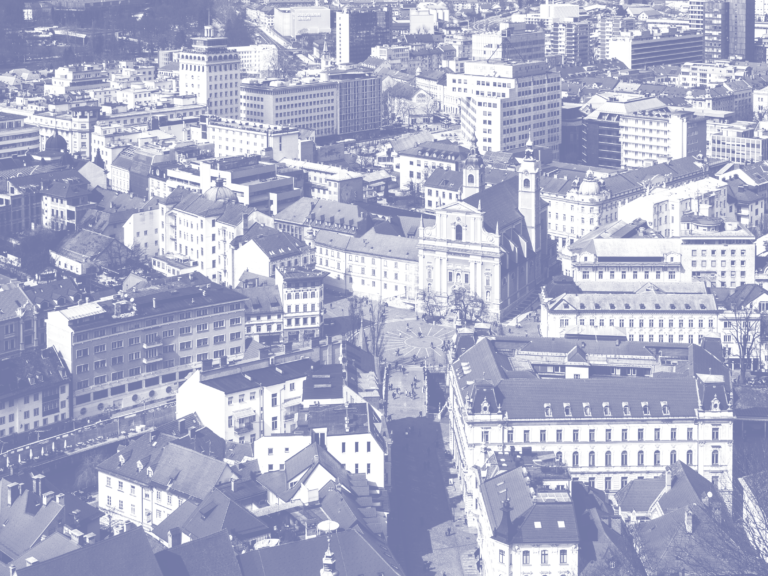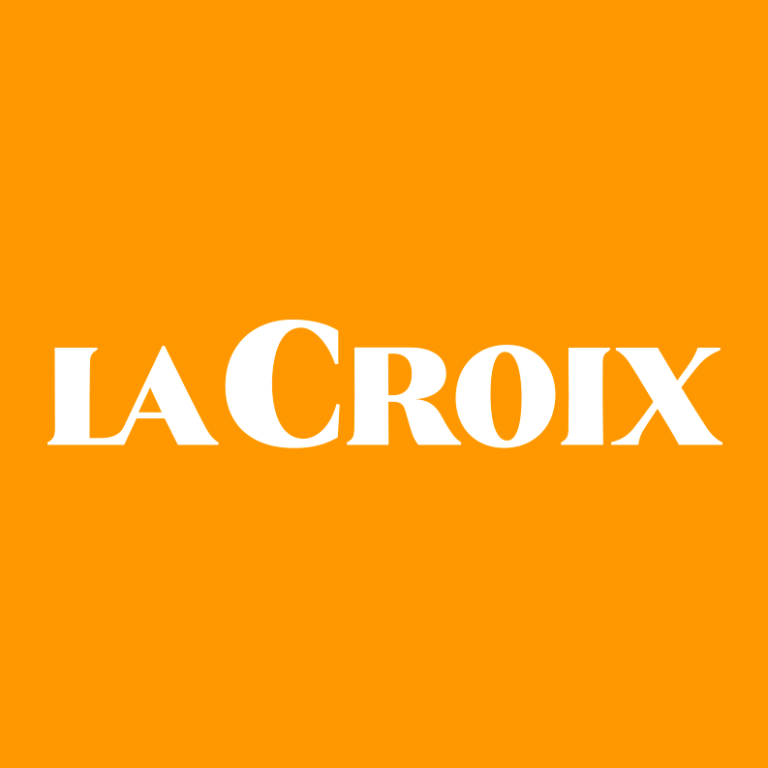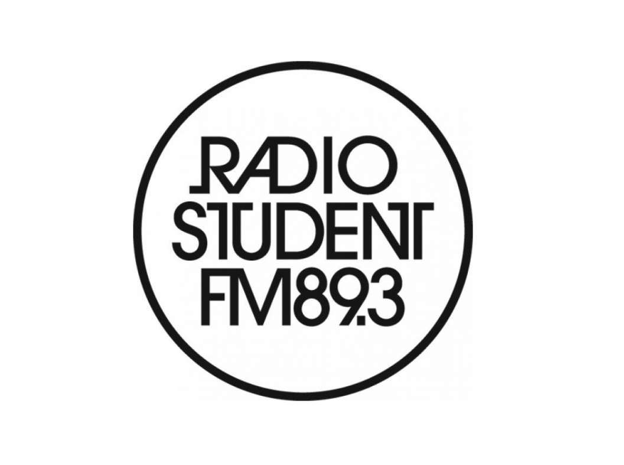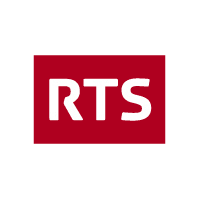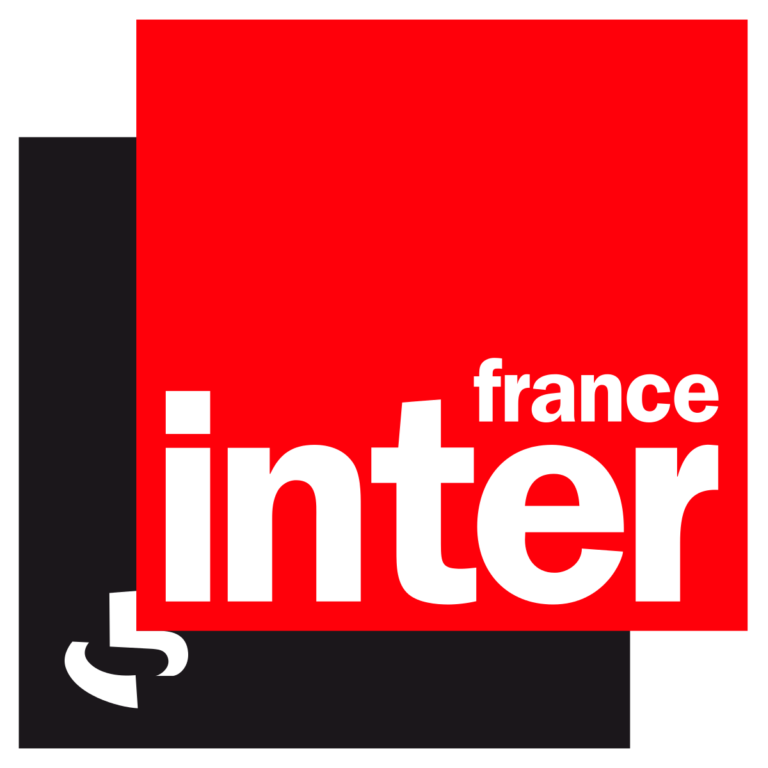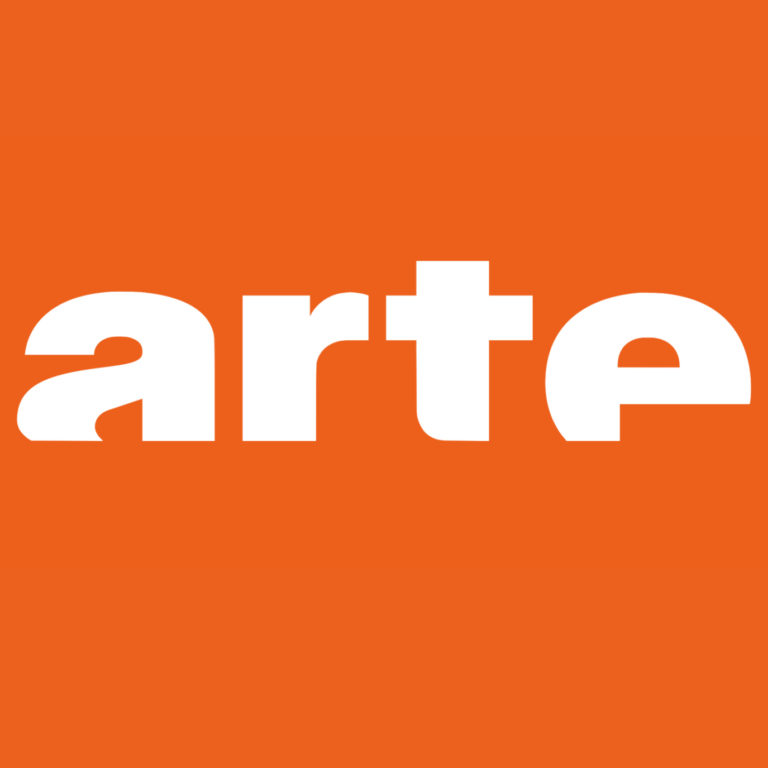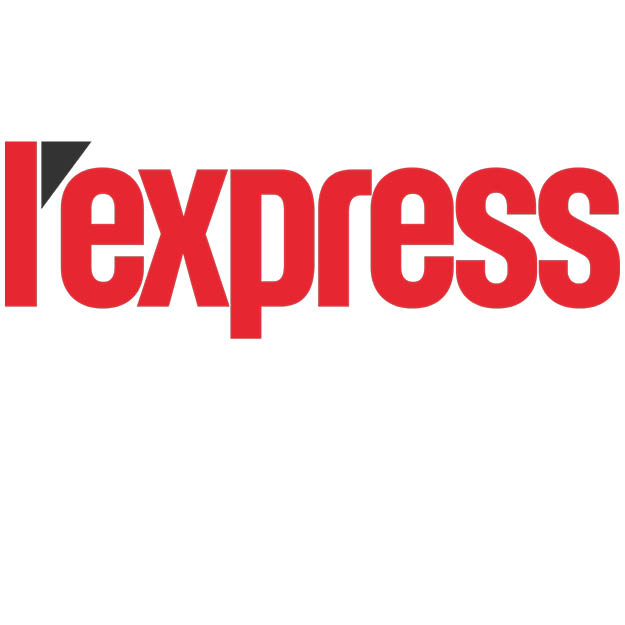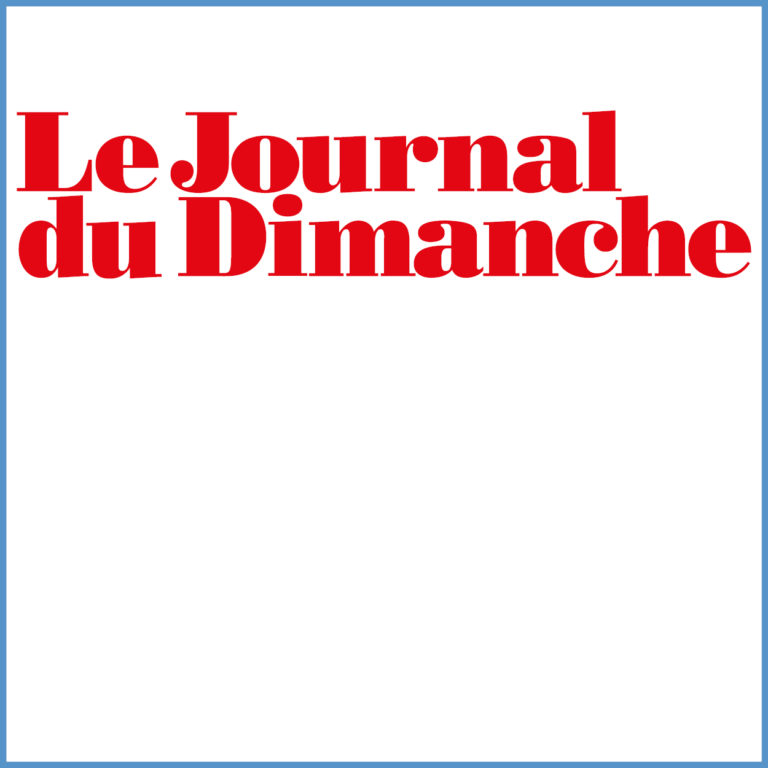Report
A star pupil playing it safe in the EU : An inside view of the first Slovenian EU Council
This paper explores the domestic political background, the organisation, and the political priorities of Slovenia’s EU Council Presidency in the first half of 2008. The paper argues that the EU Presidency serves as a powerful instrument of the further “Europeanisation” of Slovenia in terms of, on the one hand, the adoption of European practices, norms and values, and on the other hand, promoting its political interests to the European level.
This paper explores the domestic political background, the organisation, and the political priorities of Slovenia’s EU Council Presidency in the first half of 2008. Slovenia is the first among the Central and Eastern European member states that joined the EU in 2004 to hold the chair; thus acknowledged as a country that has been successfully integrating into EU polity. Specific for this Presidency is also that it will be conducted in the frameworkof the “trio Presidency” together with Germany and Portugal who held the chair in 2007.
The paper argues that the EU Presidency serves as a powerful instrument of the further “Europeanisation” of Slovenia in terms of, on the one hand, the adoption of European practices, norms and values, and on the other hand, promoting its political interests to the European level. “Top-down” Europeanisation has been especially noticeable in the intensive training of large number of officials to handle the substantial and procedural aspects of EU affairs pertaining to the Presidency tasks, increased meetings between Slovenian officials and politicians and their European counterparts, and a general rise of EU-awareness within the Slovenian administration and among the public. “Bottom-up” Europeanisation comes through holding the privileged position of a chair in EU Council meetings at the administrative and political level, which presents a unique opportunity for Slovenia to profile itself within the EU and internationally as a competent, efficient and committed EU member states. Slovenia wishes to use this opportunity to show that it “has clear positions on relevant questions of the European and world politics”, and “prove it is capable of undertaking the most demanding and responsible tasks and thus strengthen its recognition among other EU members and internationally”. In any case, the Presidency may prove to be a catalyst for the Slovenian government to streamline its EU policy priorities, clarify its national interests in dealing with the EU, and signal where it stands in terms of lines of orientation within the EU.
The issues that Slovenia would especially wish to bring to the attention of the EU during its Presidency include the implementation of the Lisbon strategy, climate change and energy policies, ratification of the Lisbon Treaty, and the integration of the Western Balkans into the EU. This last point has over the years become a “recognition card” of Slovenia’s interests in the EU. This is the theme where Slovenia expectsto achieve mostduring itsPresidency, butitisalso the theme where the risks of failure are the strongest. Granting Macedonia a date for the launch of accession talks and Serbia the status of a candidate country are more feasible goals. Finding a solution for the future of Kosovo will be much tougher. Problems could also arise from a troubled relationship with neighbouring Croatia. Although Slovenia supports Croatia’s EU membership, there are also a number of open disputed issues between the two countries that have not yet been resolved over the past 16 years since independence. Given its past within the former Yugoslavia, Slovenia justifiably can claim comparative advantages in terms of knowledge, contacts and influence in this region. Slovenia’s interest in the Western Balkans does not come as a surprise. Slovenia is highly invested in the region as an exporter and foreign direct investor. It is therefore of Slovenia’s vital national interest that this region remains politically and economically stable and secure. Given its compara- tive advantages over other EU member states in terms of knowledge of, contacts with, and proximity to the region, this is one of the few, if not the only area, where Slovenia has the confidence and interest to provide leadership within the EU.
Being aware of its own limited administrative resources as well as its status as a newcomer to EU affairs, Slovenia’s ambitions in terms of what it intends to achieve are accordingly curbed. The ambition to run EU policy-making processes smoothly and problem-free is motivated also by the fact that the EU Presidency will be held in the shadow of forthcoming parliamentary elections scheduled to take place in October 2008. In short, playing safe will be the motto of the Slovenian EU Presidency, the main aim being to maintain and enhance Slovenia’s good reputa- tion, as well as for the present government to confirm its abilities and accumulate electoral good-will for the forthcoming parliamentary elections.
The Presidency undoubtedly poses a considerable challenge for a small country especially with regard to human resources and the size of government administra- tion. This study argues that the Slovenian EU Presidency will be characterised by thorough preparation, appropriate behaviour for a Presidency (i.e. to be neutral, impartial honest-broker), curbed ambitions and high public support for the EU. Similar characteristics also marked the Slovenia’s EU accession negotiation which won it the status of “star pupil”. It appears to be a shared value by the government and public to use the Presidency to consolidate the international reputation of Slovenia. To achieve this task, a major effort has been invested in gaining process expertise, extensive knowledge of dossiers, as well as understanding of domestic political circumstances which form the national preferences of EU member states. Assistance in preparation has been obtained from the European Commission, the Council Secretariat, and also from Germany and Portugal in the framework of political cooperation within the trio-Presidency. For Slovenia, the leastexperienced in Presidency matters within the trio, this arrangement presents useful assistance in preparation and organisation, but inevitably also limited freedom in choosing its priorities as these are framed by the joint programme.
It remains to be seen to what extent Slovenia will have free hands in engineering compromises and offering leadership in negotiations during its Presidency term. The experience of the drafting of the 18-month trio-Presidency Programme shows that Germany as a large state within the trio inevitably had more leverage than the other two countries. It reportedly managed to anchor its positions by being thorou- ghly prepared with “an army” of officials working on individual dossiers, by contrast to the one or few officials from the small administrations of Portugal and Slovenia. Institutionalisation of the trio-Presidency with one large state part of each set can be also seen as ensuring that large states’ interests are defended at all times. With the excuse of political cooperation within the trio it is likely to expect that Germany will act as a “prompter” during the Slovenian Presidency. It is also interesting to note that if we consider the Franco-German alliance to be still alive, and if France is able to exercise similar leverage in its trio-Presidency with Sweden and the Czech Republic, then thisalliance could through the trio-Presidencyarrangementexercise leverage over EU political developments for total period of three years.
Also available in Slovenian, below.
SUR LE MÊME THÈME
ON THE SAME THEME
PUBLICATIONS
[FR] L’europhilie retrouvée des Slovènes

MÉDIAS
MEDIAS
Le mariage et l’adoption pour les couples homosexuels légalisés en Slovénie

PRIPRAVLJENI NA 55?

Turbulences en vue avec la Slovénie à la tête de l’Union européenne

UE : la Slovénie prend la présidence de l’Union Européenne sur fond de craintes pour l’Etat de droit

Faut-il craindre le «maréchal Twitto» ?

La Slovénie prend la présidence de l’UE, en plein débat sur l’Etat de droit

Slovénie: la révolte gronde

L’arrivée d’un ultraconservateur à la tête de l’Union européenne fait polémique

Un clone de Viktor Orbán prend les rênes de l’Union européenne

Présidence de l’UE : le Slovène Janez Jansa peut-il semer le désordre ?

Que faut-il attendre de Janez Jansa, le “Trump slovène”, à la présidence de l’Union européenne?










